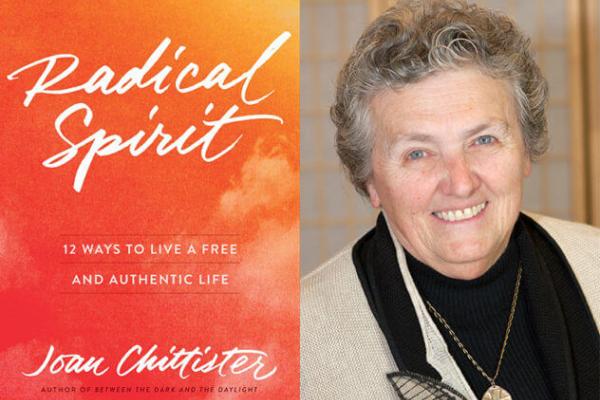Apr 19, 2017
Sister Joan Chittister opens her latest book with the story of Abba Zosimas, a fifth-century monk in Palestine. Abba Zosimas taught his followers, “The soul has as many masters as it has passions.” Chittister wants her readers to look “gently, kindly but clearly,” at those masters and passions in their lives, she said.
Read the Full Article

Already a subscriber? Login
